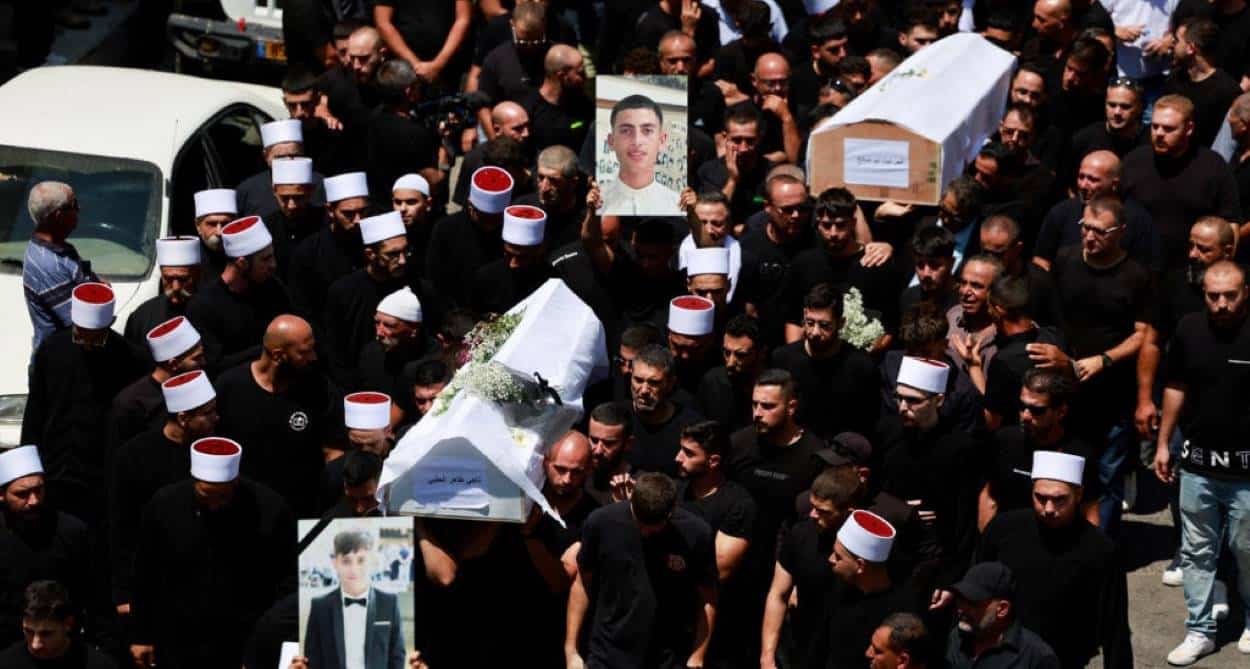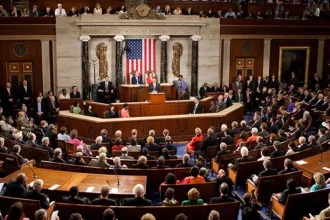Tensions have escalated sharply between Israel and Hezbollah following a tragic incident in which a rocket strike killed 12 children in Golan Heights. This event marks the most severe civilian casualty incident for Israel since the October 7th attacks by Hamas.
The rocket, which struck a football pitch, tragically ended the lives of children aged between 10 and 16. Israel has accused Hezbollah of launching an Iranian Falaq-1 rocket, although Hezbollah denies any involvement. This incident has heightened fears of a broader conflict.
In response, Israeli Prime Minister Benjamin Netanyahu has promised to impose a “heavy price” on Hezbollah. He has been actively consulting with his security cabinet and military leaders to determine the next steps.
The United States condemned the attack and urged all parties to restrain. Conversely, Iran has warned that any new military actions by Israel in Lebanon could trigger “unforeseen consequences.”
Amidst external pressures, Israel is also grappling with internal demands for a hostage recovery and dealing with a military that relies heavily on conscripts and reservists, currently experiencing fatigue.
Some senior Israeli officials are reportedly in favour of a ceasefire with Gaza, a move Hezbollah has indicated would lead them to refrain from further attacks.
The conflict began to intensify after Hamas’ attacks on October 7, which resulted in significant casualties and hostage situations. Since then, the situation in Gaza has worsened considerably, with the death toll reported by Hamas-run health ministries surpassing 39,000.
Hezbollah, equipped with a larger arsenal of fighters, missiles, and drones than Hamas had before October 7, poses a formidable threat. Officials from both Lebanon and Israel have expressed concerns that a full-scale war would be catastrophic for both nations.






